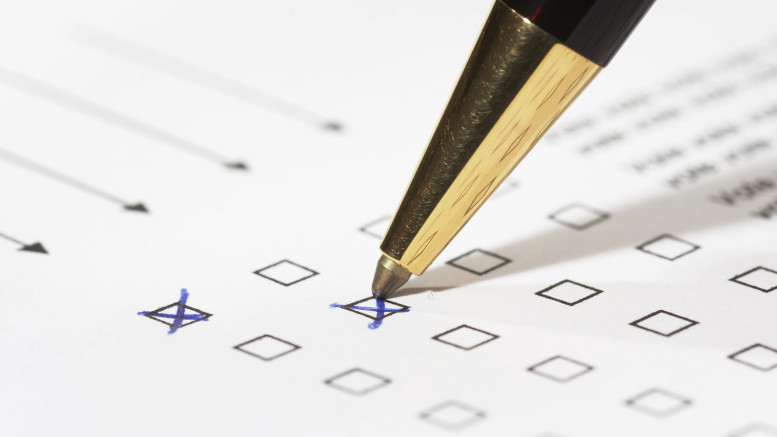Have you ever entered a voting booth, looked down at the ballot, and found no desirable choice?
You’re not alone. David Rodriguez was so dissatisfied with the choices for the 2015 federal election that he didn’t even bother voting at all. The main reason he stayed home is that there currently is no way for citizens to select “none of the above” on a federal election ballot, and have the ballot be counted. Without a selection, the ballot is rejected. Because of this, he decided to bring the issue to court.
When Mr. Rodriguez filed his claim against the Canadian government last year, he was mid-way through completing his common law JD degree at the University of Ottawa. In addition to his regular readings, he also took on the extra work of preparing his case. He submitted that the Canada Elections Act unjustly limits the section 2(b) Charter right to freedom of expression by not allowing voters to select “none of the above”.
Currently, rejected ballots are all lumped together, whether they be rejected for writing in a different name, drawing on the ballot, accidentally making an extra mark, or making no mark at all. In each of these situations, the voter’s intent could be completely different. What Mr. Rodriguez wants is for the Canadian government to keep record of ballots that intentionally choose no candidate so that there can be an official measure of voter dissatisfaction.
A summary judgment of Rodriguez’ case was released from the federal court last week. Although the court ultimately dismissed the claim, Justice Norris commended the uOttawa student for engaging with important issues surrounding democracy and freedom of expression.
The case turned on whether section 2(b) of the Charter obliged the government to provide a way for voters to express dissatisfaction on the ballots themselves. When it comes to rights and freedoms, Justice Norris reiterated the distinction between positive obligations and negative obligations of the government. Rights imply a positive obligation for the government to ensure that citizens are able to exercise their rights, such as the right to vote. Freedoms on the other hand oblige the government not to interfere with people performing a protected act, such as expressing themselves. The general rule is that freedoms do not impose a positive obligation on the government.
In this case, Mr. Rodriguez argued that the government unduly interfered with his ability to express himself on a platform to which he was entitled (on ballots), meaning the government did not respect their negative obligation to abstain from interference. Justice Norris ultimately rejected this argument on the basis that it is, in reality, a thinly veiled claim of positive obligation – specifically that the government is obligated to provide citizens with the means to express official dissatisfaction at the ballot box in addition to selecting representatives.
Rodriguez noted that several provinces have legislation allowing people to purposefully spoil their provincial election ballot to express dissatisfaction, ballots that are included in a separate count. However, the court determined that the purpose of federal elections is to select people for office, not to merely express an opinion, and there are many other avenues to express political dissatisfaction including not voting at all. Since freedoms do not generally impose a positive obligation, the government is not obliged to sort through rejected ballots and count non-votes separately in order to protect freedom of expression.
Mr. Rodriguez plans to appeal last week’s decision. I have to say that his persistence and resilience are admirable, especially considering how much he likely has on his plate during his final year of law school. Did I also mention that he has paid for the claim all on his own? I don’t know about other law students out there, but I can’t imagine taking on a Charter challenge by myself in my final year of law school. Kudos to him.
This will be an interesting story to follow as it goes forward, especially if it leads to a reconsideration of portions of the Canada Elections Act. Political participation is so important, and perhaps counting intentionally blank ballots could be the key to upping participation, even if it reflects voter dissatisfaction.
This blog post was written by a CCLA-PBSC RightsWatch student. Views expressed do not necessarily reflect the views of the CCLA or PBSC.

